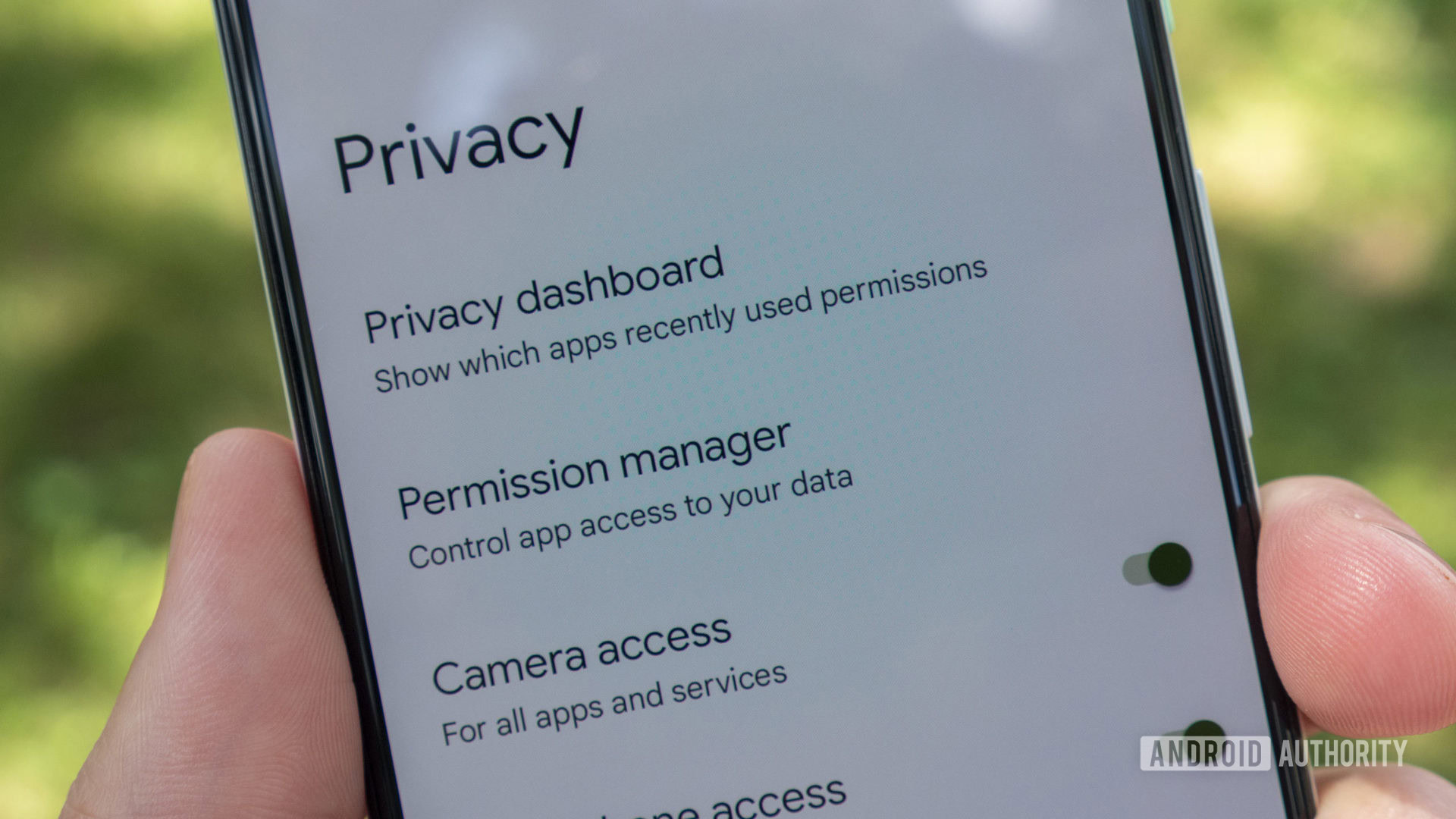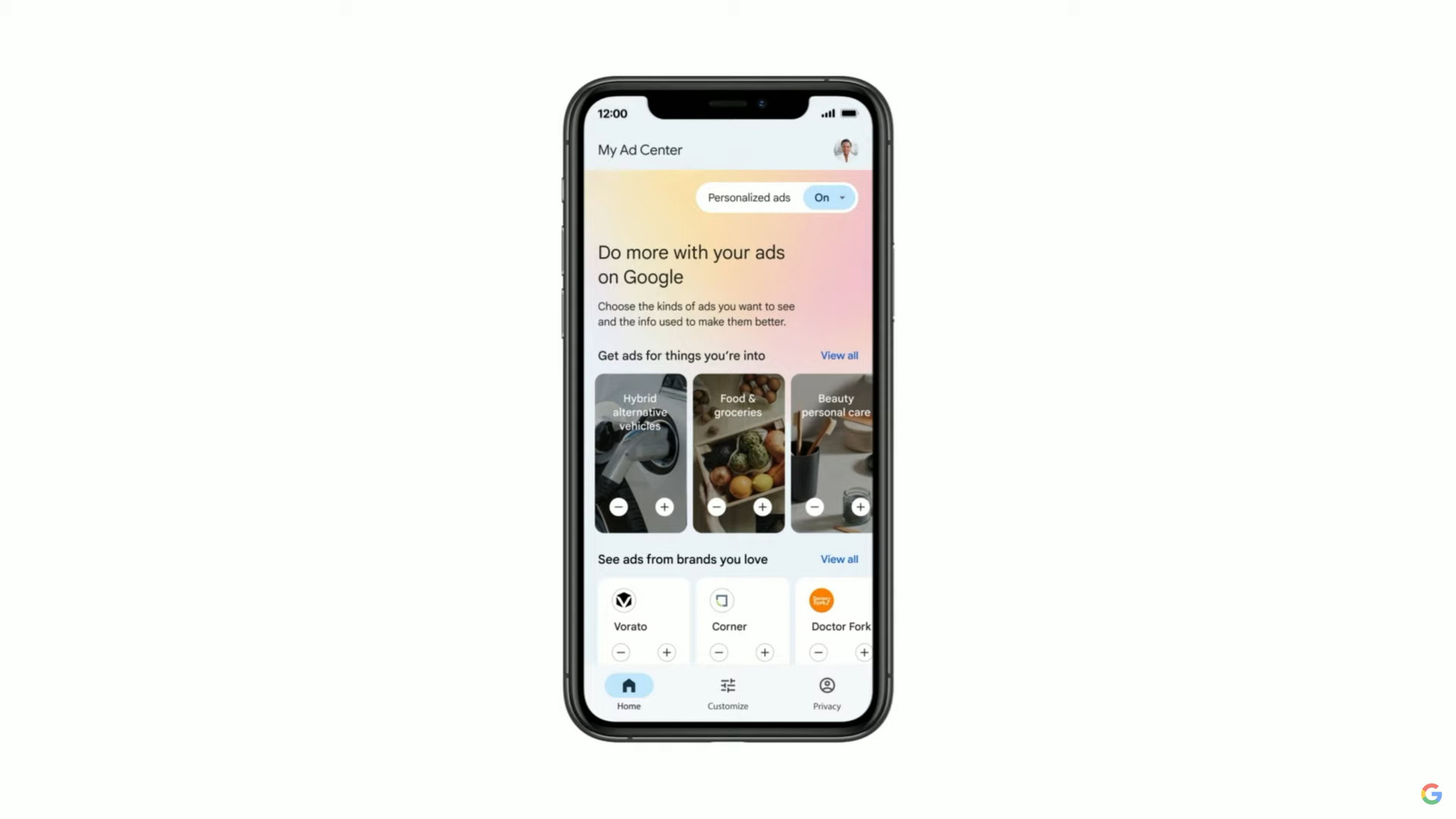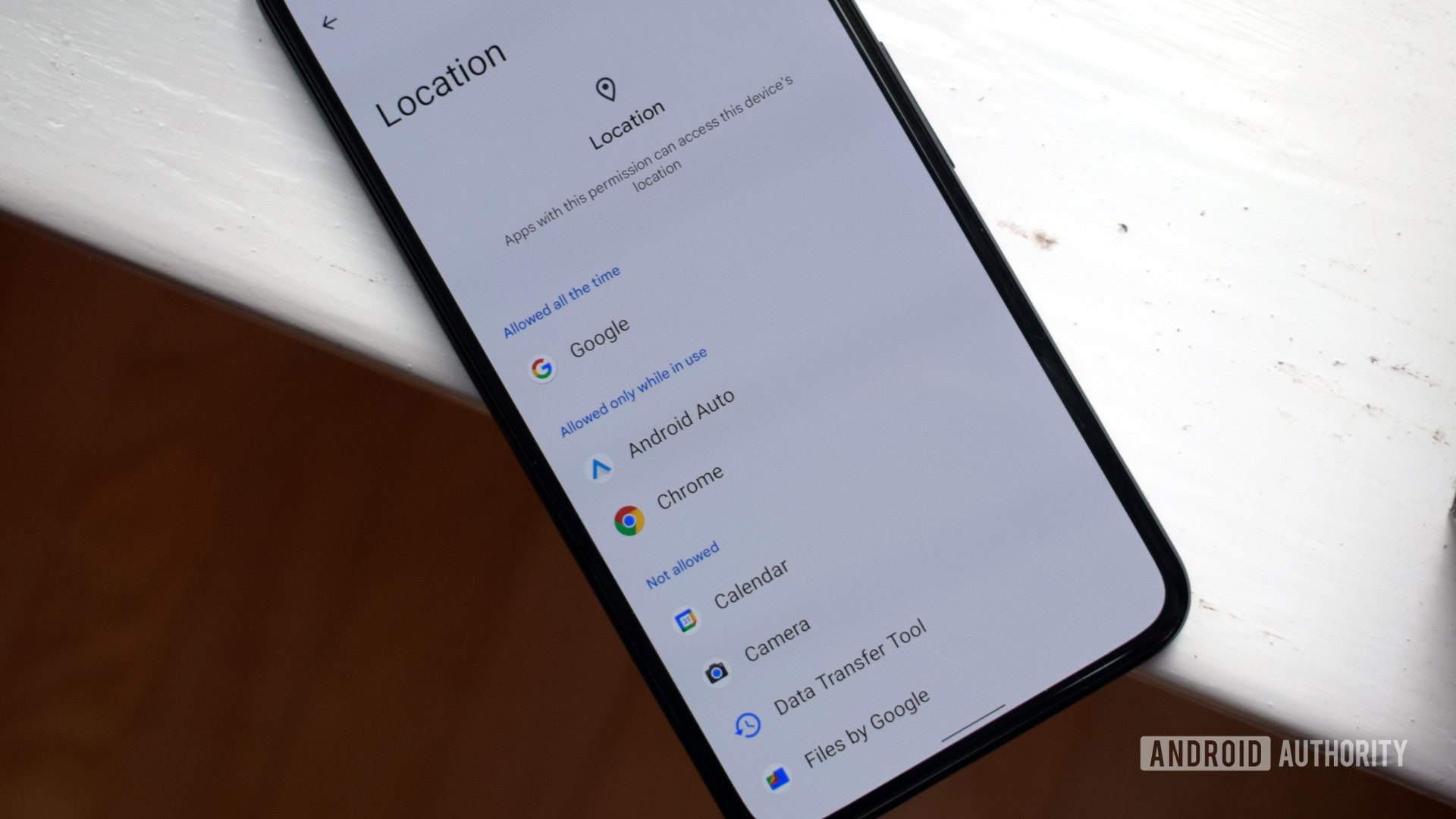Google still doesn’t understand what privacy means

Jimmy Westenberg / Android Authority
There was plenty to consider away from Google I/O 2022, specifically if you are fired up by the prospect of a lot more Google hardware to obtain. But various keynote speakers also touched on an equally crucial but less interesting part of Google’s main business enterprise — privacy. Or far more exclusively, the absence thereof. Sadly, none of them genuinely seemed to have an understanding of what good privacy basically means.
As I’m absolutely sure you’re conscious, Google’s primary company remains that of marketing ads. Regardless of whether you are utilizing Research, watching YouTube, or searching the Play Retail store, Google tracks what you’re up to and builds a customized promotion profile it can use to target adverts at you with utmost efficiency and, thus, profits. Clearly, no a person actually likes this apply, specifically as it is almost impossible to certainly regulate and audit the facts collected on us, but we begrudgingly settle for it as the rate of “free” solutions.
See also: How to explain to if anyone is monitoring your Android mobile phone
At I/O 2022, Google unveiled its newest answer to appease the extra privacy-aware — the dystopianly named My Advertisement Middle. In the not-also-distant potential, Google customers will have a swanky new UI and capabilities they can navigate to personalize their ad expertise. Only “Big G” could imagine that any individual would like to waste cherished minutes of their existence handling which of the “brands you love” can track which bits of their knowledge.

Now granted, My Advertisement Centre ought to finish up providing consumers more granular regulate around the subjects and forms of information they conclusion up sharing with brand names and advertisement organizations. A welcome improvement, no doubt about that. Especially if it’s a transfer in direction of end users volunteering details alternatively than the cookie-based mostly profiling we’ve all been subjected to in the earlier. Nonetheless, the controls customers have to have ought to be conveniently accessible and not buried in layers of obfuscation.
The big test for My Ad Center will without doubt be no matter if it suffers the exact same infuriating pitfalls as other annoying “privacy-conscious” initiatives like GDPR-mandated popups and app permissions far more frequently. These are all busywork, moving the papers about, and bothersome end users with innumerable factors to push devoid of building substantially variance at all to the facts gathered or the ads they see. Eventually, the onus should not be on the person to determine out how to opt in and out — knowledge collectors should really prioritize privacy and think that people don’t want anything gathered by default. Regretably, Google is but to observe Apple’s move to make apps inquire people for authorization and make monitoring choose-out by default.
My Advertisement Centre and Subject areas world-wide-web monitoring are a tiny step in the appropriate path.
To Google’s credit, it is demonstrating tentative indicators of relocating absent from its old blanket tactic to a slightly much more voluntary design of information collection. The company wishes to fall 3rd-occasion cookie-primarily based world wide web tracking, replacing it with its Topics API. Subjects doesn’t share go to details across the web and doesn’t even will need to know a user’s identity to exhibit applicable ads. Nor does it mass-collect info possibly, rather, internet sites are assigned subject areas and suitable ads are made dependent on a compact collection of the topics a user chooses to be related with. It’s significantly less intrusive, but sites can and most likely will opt out.
In the long run, the problem buyers have with the intense knowledge harvesting tactics of Google, Facebook, and other individuals, isn’t that they just can’t high-quality-tune their preferences — it is the amount of info gathered in the initially location. My Ad Middle, put together with Matters, indicates that Google is commencing to notice this, but only time will tell if this is just fiddling all around the edges of the dilemma. Right after all, Google is however hoping to find the appropriate harmony without upsetting its main small business product.
Google is caught among the privacy fears of its consumers and the knowledge harvesting wants of its main ad organization.
In addition to My Advert Center, Google I/O spokespersons put in a lot of time speaking about the value of privacy and protection throughout its products and services. And rightly so. Google has been accountable for many person info leaks in former a long time. Notable situations include a 2018 Google+ bug that exposed the knowledge of 52.5 million consumers and almost 5 million Gmail passwords that leaked on line in 2014. Not to mention the lawsuit over private browser monitoring, 2019’s $170 million high-quality for breaching boy or girl knowledge privateness involving YouTube Kids, obtaining caught out monitoring locations with no permission in 2018, or the slew of information harvesting Android applications a short while ago pulled from the shop. Google has a terrible track document when it will come to shielding and respecting the privacy of its consumers.
See also: These are the ten greatest privateness browsers all-around

Robert Triggs / Android Authority
The cynic in me even now sees initiatives like My Advertisement Centre, solutions to clear away identifiable details from Look for, and “protected computing” community processing, as a response to Google’s earlier indiscretions alternatively than a new leaf of altruism.
They are, of study course, quite welcome enhancements that give users that little bit far more privateness and regulate more than the data collected about them. Major G is transferring in the appropriate route, albeit in tentative, small methods. Nevertheless, Google doesn’t seem to be to have figured out the most significant lesson of the previous 10 years — the only way to retain details private is not to obtain it in the to start with spot.
Legitimate privacy only exists when knowledge is by no means gathered in the initially put.
Even with signs of development, my takeaway from I/O is that Google however doesn’t get privacy. Not really. The firm likes to communicate a huge video game about application permissions, scrambled info, and user toggles, but the base line is that it’s nevertheless a knowledge harvesting device. Which is Google’s business enterprise product, right after all, and there will always be an inner wrestle to harmony knowledge collection with income era.







